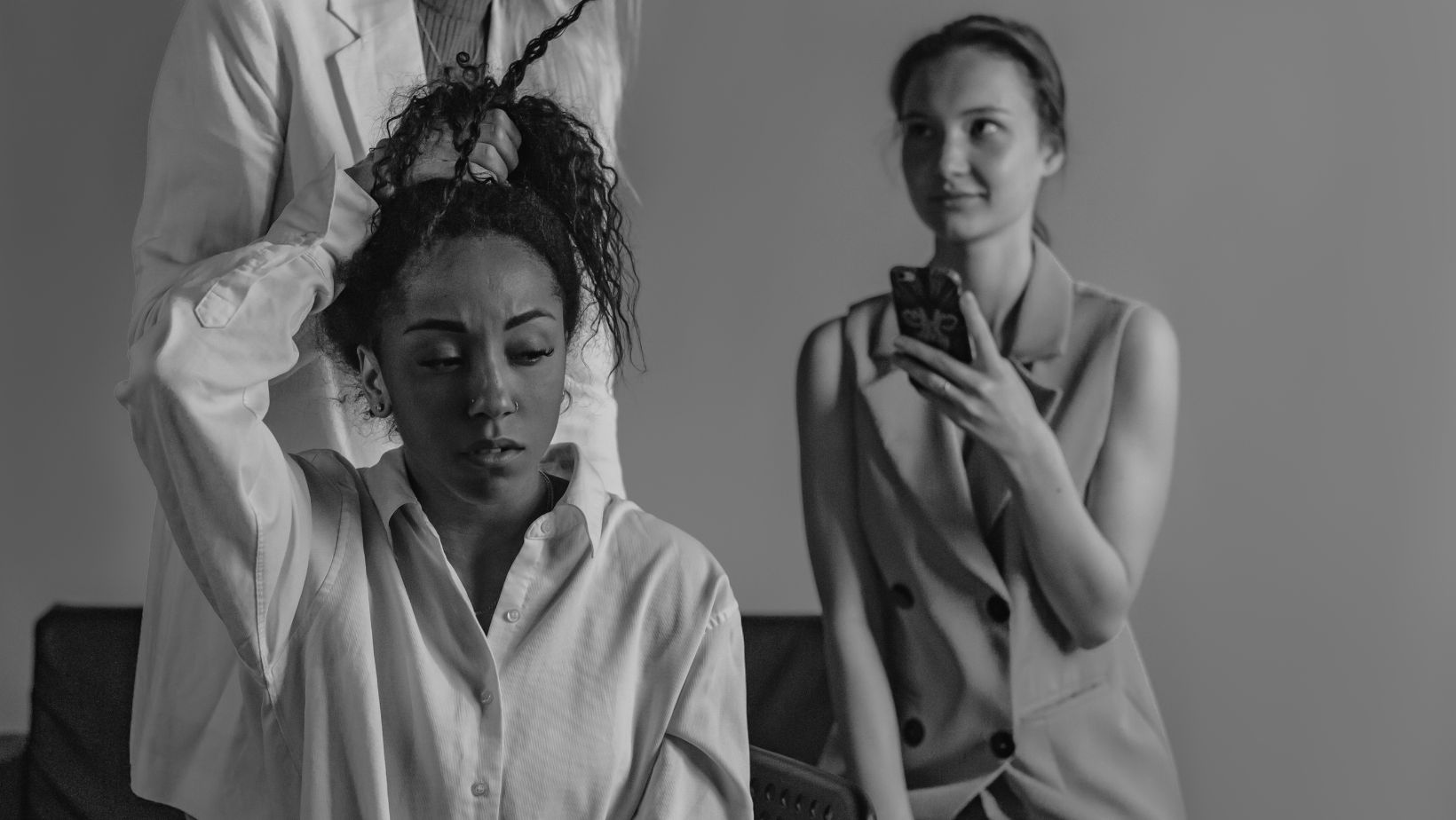Post PreviewThe least common type of incest is sibling sexual abuse, and victims are frequently overlooked. Social workers are in a position to uncover these injuries and promote a climate that encourages disclosure.
The stigma around sibling sexual trauma can lead to a lack of dialogue about the issue, and many survivors do not report it for fear of fracturing their family or being disbelieved.
Law Enforcement
Many victims do not identify themselves as victimized because sexual behaviors are often couched in the context of play, and victims are likely to find such behavior pleasurable. Moreover, victims may be afraid to report sibling abuse because of fear of disrupting family dynamics.
When children whose siblings abuse do disclose to counselors, they must be believed and given appropriate support. The counselor must also ensure that the offending sibling receives adequate treatment to prevent further harm and protect other children in the home or community.
Counselors must learn more about sibling sexual abuse so that they are better able to address these concerns in their work with families. This includes recognizing red flags such as unexplained bruises and the child’s fear of their brother or sister. Counselors must understand that youth perpetrators of sibling sexual abuse require treatment rather than criminal prosecution or sentencing. Intensive therapy using counselors who specialize in this type of abuse is the best way to ensure that these offenders do not commit future offenses against other children.
Social Workers
Sibling sexual abuse (SSA) is a form of child-on-child sexual abuse that can affect siblings who live together as well as adopted, foster, or stepchildren. It can include inappropriate touching, groping, sexual assault, production of child pornography, and other forms of sexual violence. SSA is more prevalent than many realize.

Sadly, rates of disclosure are low, and many victims are shamed into silence by family denial and the cultural tendency to downplay harm caused by sibling sexual behavior as harmless curiosity or exploration. The stigma and silence must be broken societally, institutionally, and intrafamilially to ensure all children are protected.
When a client discloses sibling sexual trauma, the therapist must understand their unique needs and experiences. BetterHelp has a group of licensed therapists who are experts in treating sibling trauma. They can help clients work through the trauma by exploring past experiences, identifying triggers, and helping them develop healthy coping mechanisms.
Psychiatrists
Psychiatrists can help victims understand the impact of sibling sexual abuse on their mental health and well-being. Survivors may experience anxiety, depression, and suicidal thoughts, as well as sexual dysfunction or PTSD. They can also suffer from dissociative amnesia and have trouble identifying their bodies.
Having been abused by a family member, survivors often feel that they’re to blame for the abuse, even if they never committed any of the abusive acts. They can also have difficulty with intimacy and relationships in adulthood, as they may believe that their body’s response to physical touch was an appropriate reaction to the abuse.

The public and professionals must acknowledge that SSA is harmful and that victims deserve to be believed and supported. This will require a discursive shift to address the pervasive construction of SSA as harmless exploration or play. Practitioners can improve their responses to SSA by having access to training and guidance in this area.
Support Groups
Many adult survivors of sibling sexual abuse struggle in their lives with feelings of shame and guilt that make it challenging to find support. They could struggle to obtain work or build wholesome relationships. They can experience anxiety, depression, or chronic health issues such as problems with concentration and a lack of energy.
Survivors of sibling sexual trauma should consider seeking treatment through a therapist or a support group. Some of these groups are specifically focused on addressing this type of sexual violence.
Perpetrators of sibling sexual abuse need to be held accountable for their actions. They should also receive treatment to ensure that they do not harm other children in the future. Victims must be believed and supported as they report the abuse and heal from their experiences.





